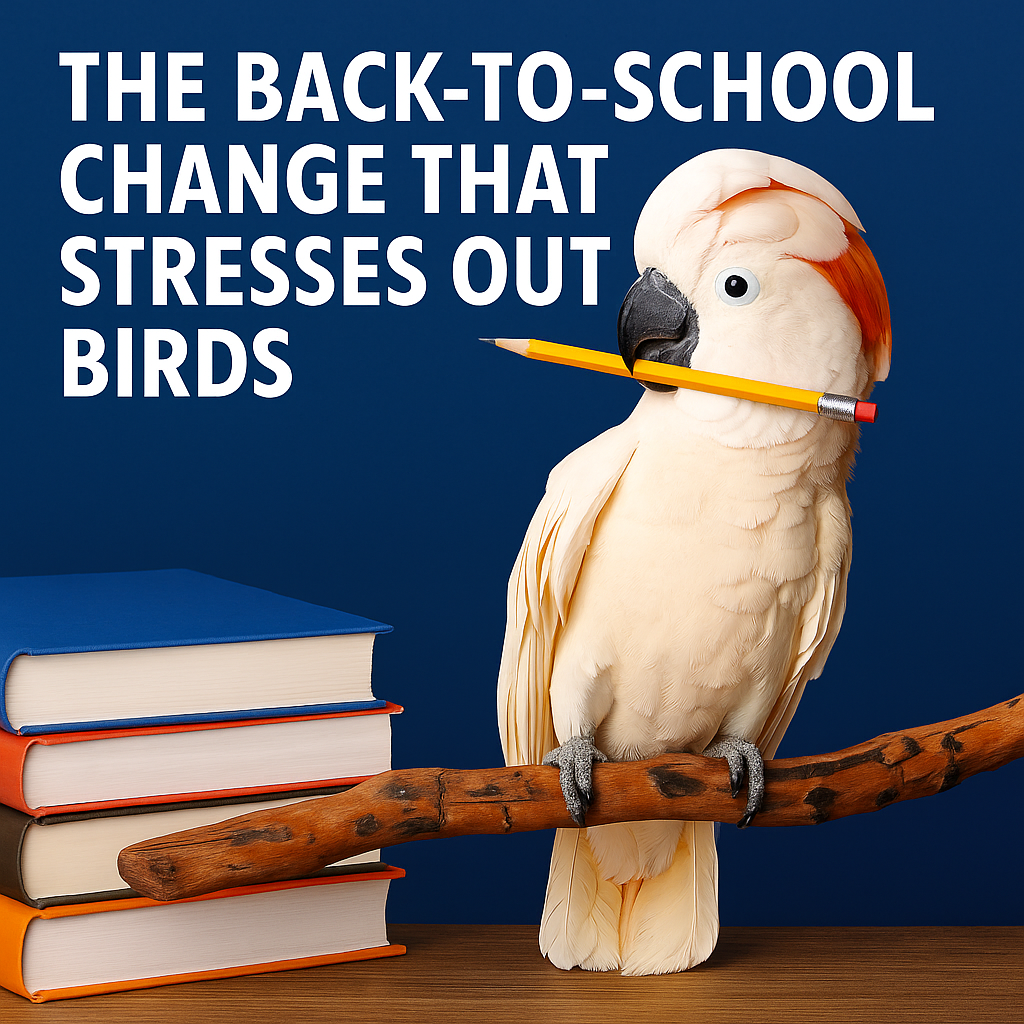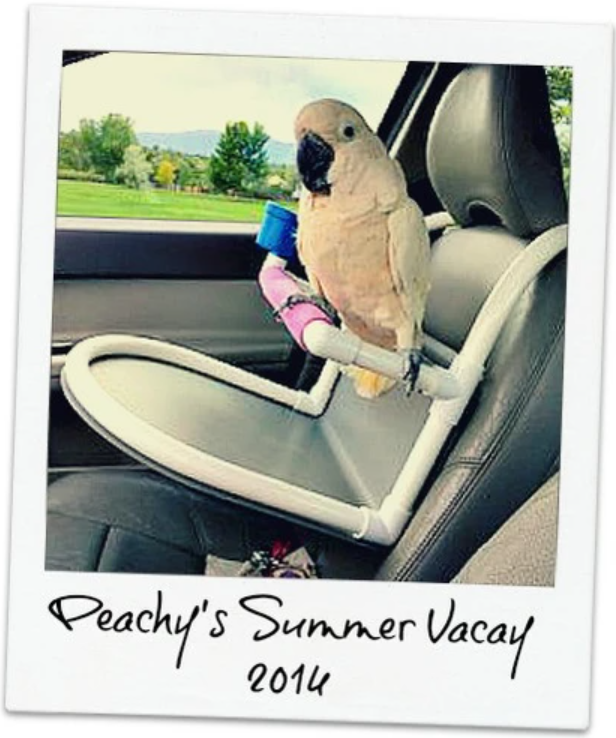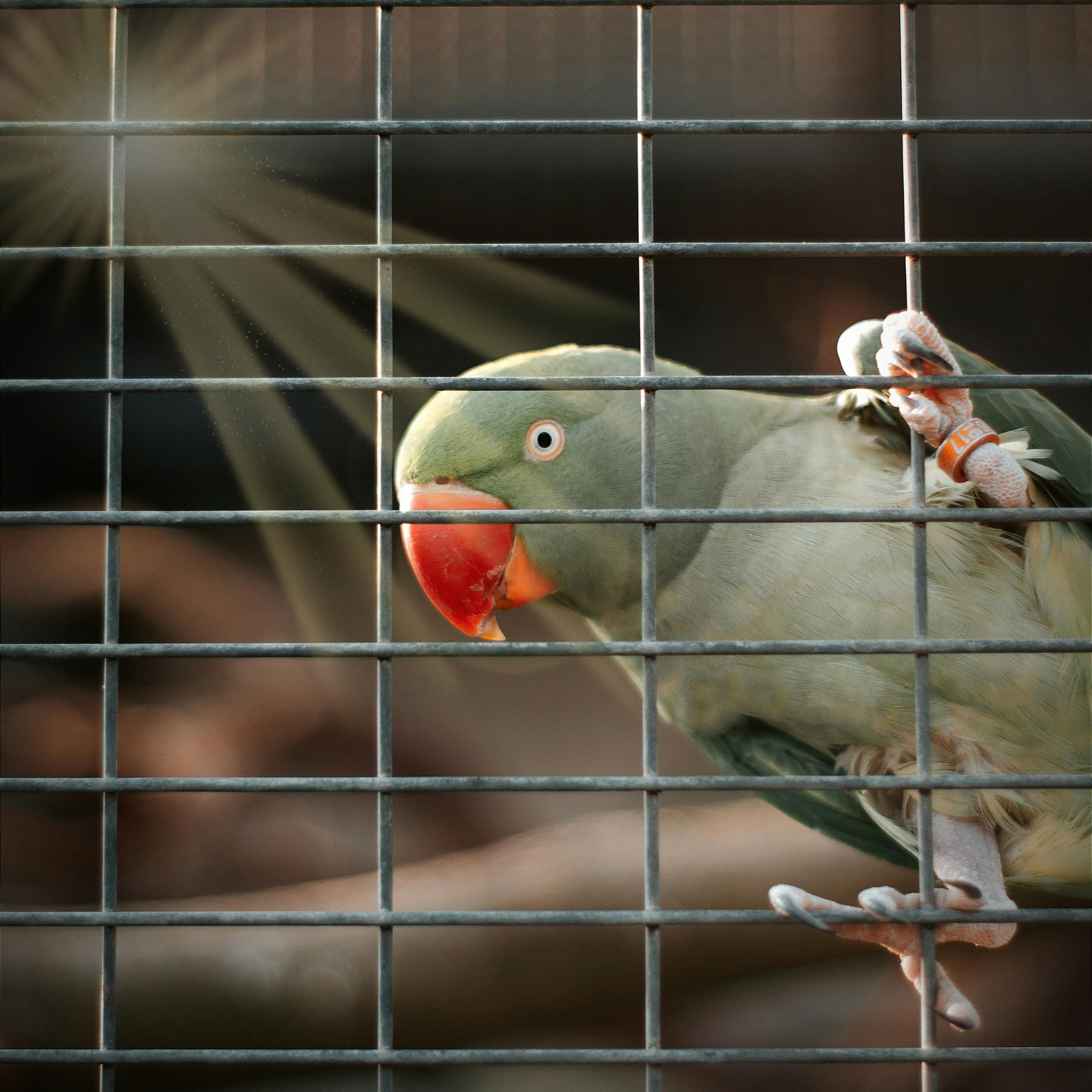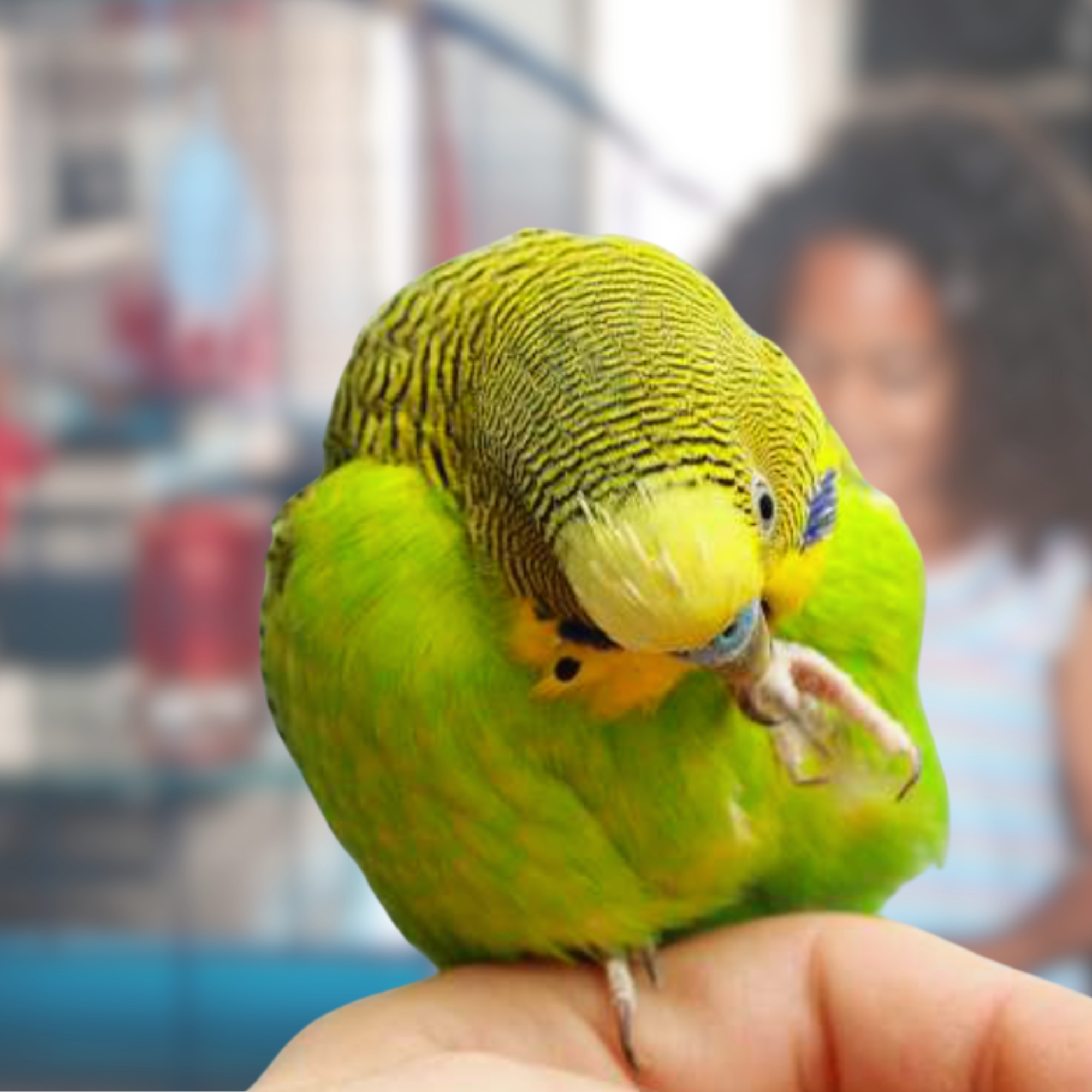Thank you so much for my order. I got my order in yesterday. I am so happy doing business with you and buying this food for my little one at home. She loved this food.
Thank you so much for my order. I got my order in yesterday. I am so happy doing business with you and buying this food for my little one at home. She loved this food.
This company is an absolute joke! There are no instructions with this thing and it wasn't even wrapped! Just thrown in a bubble envelope. I returned it as soon as I got it. That was 5 weeks ago. They never refunded. I wrote in asking about the refund - NO RESPONSE!!!!!!!!!!!!!!!!!!!!!!!!!!!!
I think this company has some fraudulent business practices based on my experience and I will NEVER ORDER ANYTHING FROM THEM AGAIN!!!!!!!!!!!!!
This collar is well made and seems to be helping keep my cockatoo from picking at her leg. It's easy to put on and off. She can get to her food and water as wanted. It's very soft.










